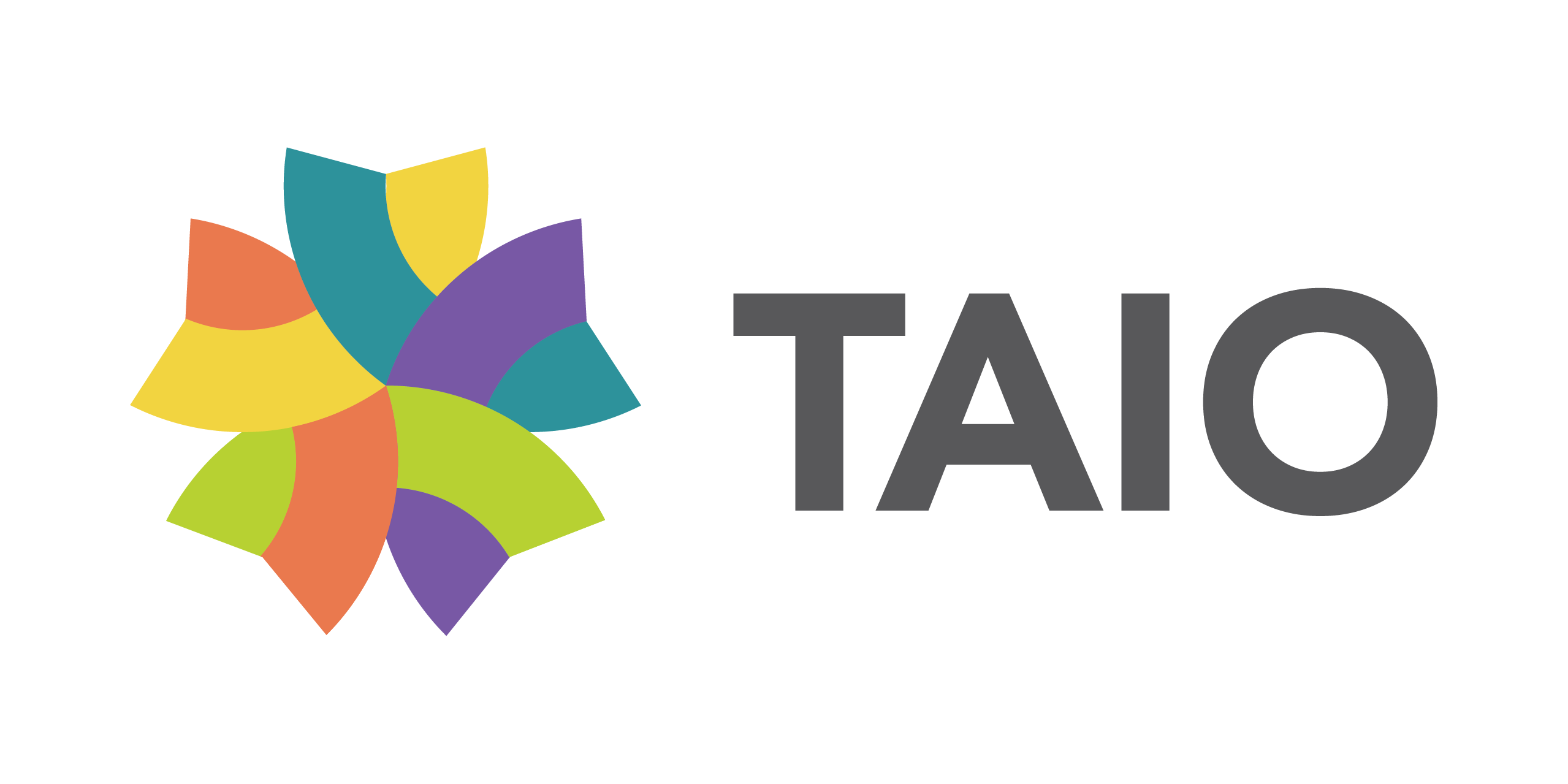In recent years, the rise of home health care outsourcing disrupted the healthcare industry. It’s a response to mounting challenges families and healthcare providers face. They grapple with limited resources and rising operating costs. The search for solutions becomes paramount. Through business process outsourcing, agencies and families can get the expertise needed for home care services.
On this page
Key Takeaways

Outsourcing is a tailored solution. The needs of patients and families constantly evolve. And outsourcing offers a versatile approach to patient care.

Conduct thorough research and make informed decisions. Outsourcing is a major commitment. While it can be a game changer, it has its share of challenges.

Technology will shape the future of outsourcing. Healthcare providers can now track, update, and share information in real-time through electronic health records. As the landscape shifts, the need to keep updated on the latest developments grows.
Understanding Home Health Care Outsourcing
We’re all familiar with in-house health care. This refers to care services provided directly by hospitals or healthcare institutions. It’s the traditional system that managers staff and resources internally. Outsourcing contracts physicians or agencies for specific tasks and services. It’s a way for institutions to tap the expertise and specialized services they otherwise lack. For families, it can mean getting health care that would normally be out of reach.
This study showed that receiving care at home cost 52% lower than medical institutions, without “significant differences in quality, safety, and patient experience.” According to Genworth, hiring a home health aide can be less expensive per month compared to a nursing home.
The scope of outsourcing home health care is broad. It includes clinical services ranging from occupational therapy to physical therapy. Medical coding and medical billing require specialized expertise for accurate documentation, billing, and timely reimbursement. Intake specialists manage patient entries into the care system. All these high quality services deliver much needed expertise without overwhelming hospitals or healthcare providers.

Why Business Process Outsourcing for Healthcare?
The combination of practical, economic, and quality considerations drives the decision to outsource. For starters, outsourcing offers a viable solution to the rising cost of medical services. This applies to patients and providers alike.
Contracting specific tasks or services help institutions save on payroll and other expenses. It optimizes cash flow and channels resources where they’re needed. Outsourcing partners are also able to quickly adapt. They can adjust personnel requirements based on demand. And healthcare providers get access to a pool of specialists. It fills gaps without burdening existing staff or making hasty hires.
The main advantages to outsourcing in healthcare providers
1. Cost Savings
An immediate benefit is the significant cost savings.
In 2012, the McKinsey Global Institute reported that inefficient health administration led to $91 billion in unnecessary costs. It made up 14% of total spending. Similarly, a study in the same year by experts from CMS and the RAND Corporation found that wasteful practices consumed up to 37% of the yearly $2.6 trillion health spending.
Institutions avoid unnecessary overhead like offices and equipment when they outsource. Aside from hiring medical professionals, outsourcing opens doors to a wide spectrum of expertise, from Human Resources to training. They can recruit experts with specific language or cultural expertise. Access to these varied skills enhances the level of care.
All this can bring costs down by 40 to 50%. Agencies save even more by not having to build the infrastructure for their onshore team. And they can avoid competing for top onshore talent by hiring equally skilled professionals offshore.
2. Scalability
Another big draw is scalability. Healthcare’s dynamic nature demands a system that can adapt. Outsourcing offers the ability to scale services based on surges and lulls. An agency or hospital can add to their roster without training or onboarding. Outsourcing partners can adjust offerings to maintain excellent patient care. This includes specialized tasks like medical billing and coding.
With outsourcing, institutions and families can focus on their primary roles. Delegating specific services allows families more time for emotional support. This strengthens relationships while ensuring the well-being of their loved ones. Meanwhile, healthcare providers can prioritize their core competencies, fostering growth and improvement.
What are the cons of outsourcing in healthcare?
While outsourcing offers numerous benefits, it’s not without challenges. There’s potential risk in quality variability. Exercise proper due diligence when selecting outsourcing partners. Communication hurdles do happen in overseas contracts. Misunderstandings or lapses in communication can impact patient care. It’s vital for both parties to establish clear and effective channels.
Heavy reliance on an external partner has its downsides. Technical issues, staffing problems, or unforeseen situations can affect profit. Worse, patients don’t get the care they need when they need it. Finally, there’s the concern about the impersonal nature of outsourced services. Families and patients might not receive the personal touch they get from in-house care providers.
Addressing the Cons
Fortunately, there are workarounds. Rigorous vetting processes mitigate concerns on quality. Reviews, audits, and feedback mechanisms help maintain quality of care.
Address communication barriers by investing in training and tools that promote clarity. Take steps to clearly understand and action instructions and feedback. Regular check-ins, advanced communication platforms, and organizing face-to-face meetings can go a long way.
A common mistake for first-time outsourcers is not accepting their BPO partner’s feedback. It’s advisable to hold weekly or at least monthly reviews with them. Understanding their experiences and concerns serve to improve the quality of services. This helps improve the patient care you offer and ensures patient satisfaction remains high.
Diversifying vendors and services may reduce healthcare providers’ dependency on one third-party. It creates a competitive environment that can further boost quality. However, finding the right partner can be more synergistic, with all the services performed by one team. This ensures continual patient care.
Outsourcing doesn’t have to be impersonal either. With the right strategy, providers can achieve personalized experiences. They cultivate a more tailored approach through detailed documentation. It also works to understand patient needs and foster open communication.
Healthcare Providers and the Outsourcing Trend

As global healthcare evolves, healthcare providers gravitate towards outsourcing non-core tasks and services. This allows them to focus on what really matters. Delegating certain roles streamline operations. Efficient processes lead to improved patient outcomes. Combined, they save on cost.
Here’s a list of just some of the roles that can be outsourced:
- Coding
- Quality Assurance
- Billing
- Intake
- Authorization
- Patient After Care
- Patient Support
- Clinician Recruitment
- Medical Transcription
- Credentialing
- Compliance
- Claims
With patient numbers growing, problems arise managing resources. Outsourcing allows them to scale without significant capital investment. They can bring in resource-intensive expertise that requires specialized training.
Choosing the Right Outsourcing Partner
Selecting an outsourcing partner is a balance between trust and careful due diligence. Investigate track records, accomplishments, and how teams operate. Keep in mind that ensuring top-notch care directly relates to your business’ success.
Credibility and Reputation.
Before committing, check certifications, reviews, and references. Agencies should check the company’s experience and success stories. It’s essential to ensure they follow HIPAA rules. Meeting their compliance officer can be helpful. Speaking with their staff can provide insights into their communication skills and work culture.
However, selection doesn’t just come down to credentials. It’s about shared values and aligned goals. Knowing the background of the company’s leaders and hearing from current clients adds confidence.
Cost vs. Quality.
While many look at cost in terms of the upfront paper value, there are hidden costs to consider. Cheaper doesn’t always mean cost-effective. Services that are too cheap might lack quality or the proper safeguards. They may also attract subpar talent. Investments in tools, management, and staff well-being often indicate better service quality. Find a service that offers the right balance between affordability and quality of care.
For example, in 2021, we met with an insurance company looking to shift their 2000-member team from India to the Philippines. Even though the Indian team cost half as much, the Philippine team’s productivity proved to be 3.5 times higher. Note that this isn’t a critique of outsourcing in India. India’s tech sector offers top-notch quality at reduced costs.
Service Offerings.
Providers need to assess if the outsourcing partner offers the specific services they need. Do they excel at clinical services? What about administrative tasks like billing or coding? Can they effectively manage the revenue cycle?
Consider a tech-forward partner who already leverages AI for enhanced accuracy and efficiency. With all the latest tools and advancements, it’s vital to choose someone who stays updated and can harness these innovations for better patient care.
Communication and Reporting Protocols.
As in marriage, it’s the key to a good relationship. Good communication can spell the difference between profit and loss. Processes and systems need to be in place for seamless and frictionless operations.
Regular business check-ins, whether weekly, monthly, or yearly, help you stay in sync with your outsourcer. This ensures tasks are on track and problems are addressed early.
Cultural and Linguistic Considerations
In the same vein, offshore teams must be able to communicate effectively. This applies to the patient and the onshore team. Even if you have training material for your local team, it might not suit your offshore team due to cultural differences. Check with the outsourcer about tailoring training for the offshore group.
In addition to these factors, there are also several other considerations when choosing a home healthcare outsourcing company. Read our expert guide to know more.
The Future of Outsourcing
Technology Driven
Remote patient monitoring heralds a new era in care provided. Advanced tools allow patients to receive excellent care without hospital admissions. AI-driven assessments offer preventative solutions. They could predict potential health risks.
AI can also streamline operations by automating administrative tasks, enhancing remote monitoring, and crafting personalized care plans. It can swiftly process medical billing, facilitate communication through language processing tools, and use data analysis for predictive care.
Changing Demographics and Demand
Our aging global population means an inevitable surge in demand for home health services. As more people opt for home-based care, the strain on in-house resources intensifies. Outsourcing won’t just be an option; it’ll be a necessity. Catering to a diverse demographic will necessitate a more versatile range of services and specialties.
Regulatory and Legal Implications
With increased outsourced health care, regulations will tighten. Compliance with both local and international laws will be paramount. This is especially true concerning patient data and service quality.
Final Insights
For healthcare providers, outsourcing presents a promising solution with many benefits. It can address many, if not most, of the challenges healthcare providers face. While it offers cost efficiency, access to specialized skills, and flexibility, the journey isn’t without its hurdles. But, as with any service, the key lies in making informed decisions and thorough research. Most importantly, patient satisfaction and high-quality care must always be top of mind.
Navigating the complexities of medical care can be daunting. With the rising demand for personalized services at home, outsourcing emerges as a viable solution. It’s a testament to reshaping traditional models to cater to individual needs.
Outsourcing proactively works towards better health outcomes. The convergence of healthcare and technology promises enhanced efficiency. It bridges gaps and alleviates pressures. In many ways, it revolutionizes the way we perceive and receive medical care. Good health is no longer a privilege defined by geography or physical mobility.
As technology transforms the landscape, outsourcing evolves with it. Homes become hubs of advanced medical care. And as our global community ages, the demand only intensifies.
Frequently Asked Questions
To ensure data security:
- Choose a reputable outsourcing company with strong references and a proven track record.
- Implement strict data handling and privacy policies, ensuring the outsourcing company adheres to them.
- Regularly audit and monitor the vendor’s data security measures.
- Ensure they comply with health care regulations like HIPAA.
Some staff might be concerned about job security or changes in work dynamics. Communication is key. Be transparent about why you’re outsourcing and emphasize that it’s to improve the agency’s efficiency and to focus on core services. Highlight that by doing this, you are aiming to provide even better care to patients, which benefits everyone.
Outsourcing can change the dynamics of your workplace, but it doesn’t necessarily mean your company culture will suffer. By clearly defining the roles of in-house and outsourced teams and maintaining regular communication, you can preserve and even strengthen your company culture.
In any outsourcing agreement, there should be clear performance metrics, expectations, and terms for termination. If they aren’t meeting agreed-upon standards, you can consider offering feedback and an improvement period or terminating the contract in line with its terms.
While there’s a cost associated with outsourcing, you may save money in the long run. Consider factors like hiring, training, benefits, equipment, and overhead costs for in-house teams. When you factor in these expenses, outsourcing can often be a cost-effective choice.
While language and time zone differences can be challenges, many providers have English-proficient staff and adjust working hours. Modern tools can also bridge communication gaps.
Use shared software platforms or APIs to allow systems to communicate. Involve your IT team early for smooth integration and consider regular data syncs if needed.
Yes, with planning. Ensure your contract includes an exit clause detailing a transition back and consider short-term contracts or trial periods initially.
There could be costs for setup, certain extra services, international communication, or contract termination. It’s vital to clarify these upfront.
Review set Key Performance Indicators, maintain open communication for feedback, compare costs, ensure service quality, and gather patient feedback to gauge impact.




